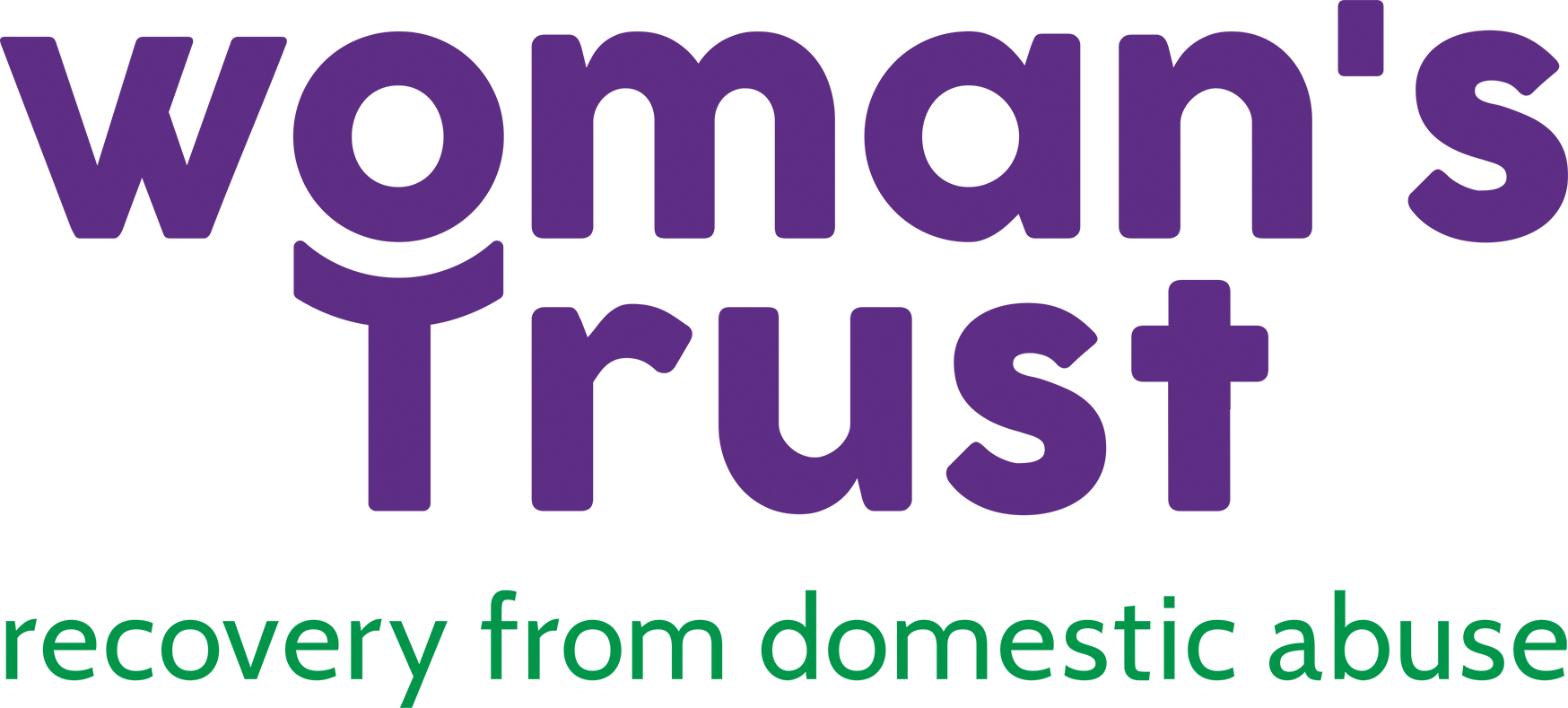Government policy
The government has widened its definition of domestic abuse and reviewed the legal options open to survivors.
In recent years, the English government has expanded legislation in an attempt to better combat domestic abuse.
Now, there are many forms of abuse that can be prosecuted in a courtroom, yet people are often unaware that these are crimes. Some of these lesser-known offences include:
1. Sharing sexually explicit images of you (whether online or offline)
2. Restricting your access to money
3. Repeatedly putting you down or humiliating you through persistent name-calling, mocking or other insulting behaviours
4. Threatening to kill or harm you
5. Isolating you whether through monitoring or blocking emails, dictating where you can and cannot go, or stopping you from seeing friends
6. Putting tracking devices on your phone or another device
7. Forcing you to engage in sexual activities when you do not want to
Other legal mechanisms in place to protect individuals from domestic abuse include:
Clare’s Law (also known as the Domestic Abuse Disclosure Scheme):
Any member of the public has the right to ask the police if their partner, close friend, or family member might pose a risk to them. You may make an application requesting the police to carry out a range of checks on this individual by going, in person, to a police station. You will need to provide your name, address, and date of birth.
Domestic Violence Protection Notices (DVPNs) and Domestic Violence Protection Orders (DVPOs):
Police and magistrates can prevent a perpetrator from contacting the victim or returning to their home for up to 28 days, allowing the victim time to get help and choose their next steps.
